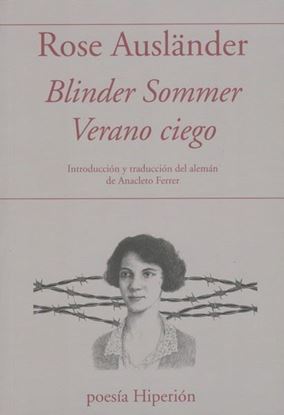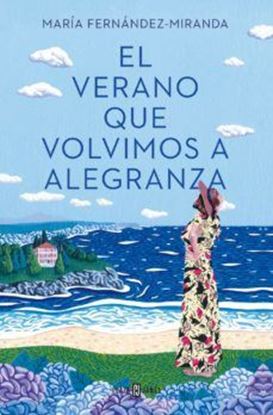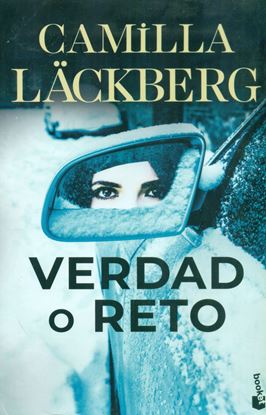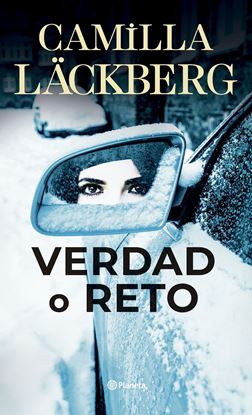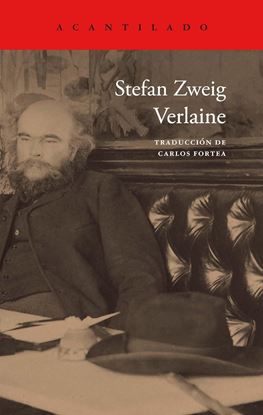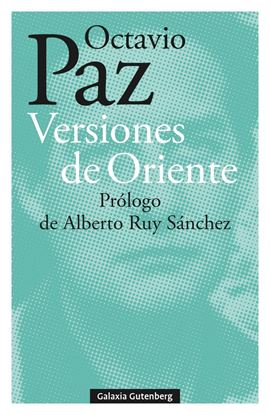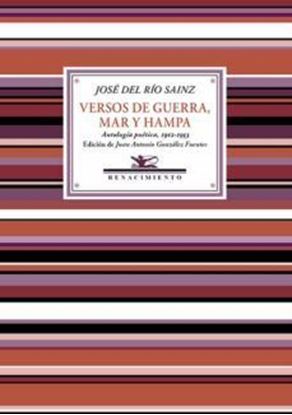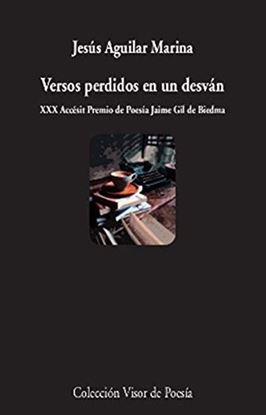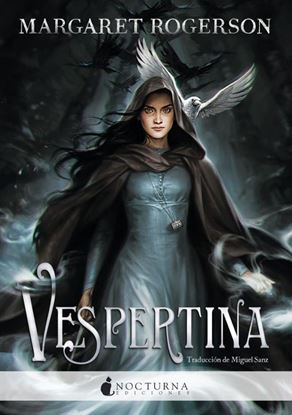

VERANO CIEGO
ROSE AUSLANDER es una de las ma s destacadas poetas en lengua alemana del siglo XX. Nacida en 1901 como Rosalie Scherzer en Czernowitz - Bucovina (en aquel tiempo parte del imperio austrohungaro), murio en 1988 en Du sseldorf. Vivio en Austria, los Estados Unidos, Rumanía y Alemania y perdió tres veces su nacionalidad (la austríaca, la rumana y la americana) y su patria. Después de la ocupación nazi de la Bucovina, la cultura judía en lengua alemana fue suprimida. Rose Auslander sobrevivio con su madre al exterminio de 50.000 judí os de su ciudad natal, en el gueto de la cual hizo amistad con Paul Celan. Acabada la Segunda Guerra Mundial se fue a vivir en los EE. UU., donde se relacionó, entre otros escritores, con Marianne Moore. En 1965, se trasladó a la República Federal de Alemania, donde era practicamente desconocida. Blinder Sommer - Verano ciego (1965) es el libro que la dio a conocer entre los jóvenes autores, y gracias al cual su poesía conquistó la atención de los lectores y la crítica.
1,400
VERANO QUE VOLVIMOS A ALEGRANZA(OF2)
Atravesada por la memoria olfativa y bañada por la luz de Asturias, El verano que volvimos a Alegranza es una novela evocadora que nos recuerda que las buenas historias, igual que los buenos perfumes, siempre son necesarias.
Leandra es editora en una revista de moda con sede en Madrid. A sus treinta y cinco años se ha alejado de su marido, ha perdido la ilusión por su trabajo y ha presenciado la muerte de su tía Valentina en circunstancias dramáticas. En busca de respuestas a la crisis existencial en la que se halla inmersa, decide pasar un verano en Alegranza -la casa de indianos que construyó su abuelo Tomás en el pueblo asturiano de Colunga- y aceptar el reto de Jean-Luc Peltier, un prestigioso perfumista al que ha entrevistado: elaborar un perfume que la ayude a definirse a sí misma. Mientras bucea en sus recuerdos de infancia, impregnados de rosa silvestre, hortensia o madreselva, Leandra irá desvelando las distintas capas de secretos que, como los ingredientes de una fragancia, componen la historia de su familia.
300
VERDAD O RETO (BOL)
Última noche del año. Los adolescentes Liv, Martina, Max y Anton son mejores amigos desde hace años. Los cuatro están ansiosos por celebrar esta Nochevieja juntos, divirtiéndose, bebiendo y coqueteando, mientras espían a sus padres en la casa vecina.
Cuatro secretos
Pero ya no son niños: hay que arriesgar y trasgredir las reglas. Y empiezan a jugar. Primero al Monopoly; después a Verdad o Reto. La fiesta sube de tono y las apuestas son cada vez más altas. Aparentemente lo tienen todo, pero tras la fachada perfecta hay secretos que nunca han compartido. Cada uno de ellos esconde algo que el juego inocente sacará a la luz y revelará una verdad impactante.
Una noche sin fin
Nada volverá a ser lo mismo.
Y no todos llegarán a las campanadas de medianoche…
700
VERDAD O RETO (OF2)
Cuatro amigos
Última noche del año. Los adolescentes Liv, Martina, Max y Anton son mejores amigos desde hace años. Los cuatro están ansiosos por celebrar esta Nochevieja juntos, divirtiéndose, bebiendo y coqueteando, mientras espían a sus padres en la casa vecina.
Cuatro secretos
Pero ya no son niños: hay que arriesgar y trasgredir las reglas. Y empiezan a jugar. Primero al Monopoly; después a Verdad o Reto. La fiesta sube de tono y las apuestas son cada vez más altas. Aparentemente lo tienen todo, pero tras la fachada perfecta hay secretos que nunca han compartido. Cada uno de ellos esconde algo que el juego inocente sacará a la luz y revelará una verdad impactante.
Una noche sin fin
Nada volverá a ser lo mismo.
Y no todos llegarán a las campanadas de medianoche…
500
VERLAINE
Francia y la poesía fueron los primeros grandes amores de Stefan Zweig, que dedicó una buena parte de su obra a sacar de su «aparente oscuridad» a los genios de la creación y contagiar así sus pasiones a los lectores. A petición de la editorial berlinesa Schuster & Loeffler, el joven escritor compuso esta breve monografía sobre Paul Verlaine, su primer ensayo biográfico. Esta pequeña joya publicada en 1905, que incluye traducciones de algunos de los poemas más emblemáticos del poeta, inauguró en la carrera de Zweig un género literario en el que desplegaría todo su talento y sensibilidad.
800
VERSIONES DE ORIENTE
Nadie atrás, nadie adelante. Se ha cerrado el camino que abrieron los antiguos. Y el otro, ancho y fácil, de todos, no va a ninguna parte. Estoy solo y me abro paso.
750
VERSOS DE GUERRA, MAR Y HAMPA (OF2)
Jose del Río Sainz (Santander, 1884-Madrid, 1964) fue marino de formación y vocación, uno de los más importantes periodistas santanderinos de la primera mitad del siglo XX (corresponsal de guerra en Marruecos, director de periódico, articulista elogiado por Chaves Nogales), y un singular poeta caracterizado por su energía, prosaísmo y plasticidad. Autor de poemas que tienen casi siempre algo de suceso narrado que queda trascendido mediante una comprensión lírica de la realidad, Jose del Río es calificado por Gerardo Diego como un poeta cuya enorme personalidad se manifiesta en la conciliación de contrarios: modernismo y realismo, parnasianismo y prosaísmo. Premio Fastenírath de poesía en 1925, el propio poeta, en las líneas autobiográficas que en 1934 publicó en la segunda antología preparada por Gerardo Diego, señala que por edad y formación es seguidor de Ruben Darío y que la cualidad que prefiere en los versos es la musicalidad. En esas mismas líneas dejaba apuntado, con humor y lúcida ironía, "he recibido banquetes y homenajes, una puñalada y una flor natural, que es lo que más me duele". Concha Espina escribió sobre el: "es como sus versos: fuerte, descuidado, sincero, valiente".
500
VESPERTINA
Los muertos de Loraille no descansan. Artemisia se está preparando para unirse a las hermanas grises, encargadas de purificar a los fallecidos para que sus almas sigan adelante; de lo contrario, sus espíritus despiertan con un hambre voraz por los vivos. Ella prefiere tratar con los muertos, que a diferencia de los vivos nunca hacen comentarios sobre su turbio pasado. Cuando su convento sufre un ataque, Artemisia lo defiende despertando a un antiguo espíritu vinculado a una reliquia. Es un renacido, un ser malévolo que amenaza con poseerla en cuanto baje la guardia. La muerte ha llegado a Loraille, y solo una vespertina (una sacerdotisa entrenada para controlar una gran reliquia) puede aspirar a detenerla. Pero los conocimientos de las vespertinas hace mucho que se perdieron, por lo que a Artemisia no le queda más opción que recurrir al único que puede saber algo: el mismísimo renacido. Mientras su vínculo con el renacido se fortalece entre secretos y magia, un mal oculto comienza a surgir. Y enfrentarse a él puede requerir que traicione todo en lo que cree... si es que el renacido no la traiciona primero.
1,450


